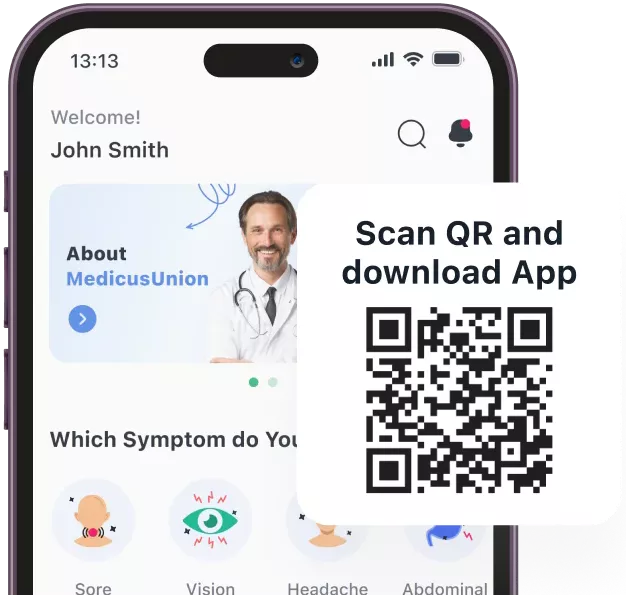English
Русский
Deutsch

Neurological Consultations: Overcoming Challenges in Remote Settings
MedicusUnion Team
April 16, 2024
2 min. read
The advent of telemedicine has revolutionized healthcare delivery, enabling patients to access medical expertise from the comfort of their homes. Neurological consultations, once primarily conducted in traditional clinical settings, are now increasingly taking place remotely. While telehealth offers numerous advantages, it also presents unique challenges in the realm of neurological care. This article explores the challenges associated with remote neurological consultations and proposes strategies to overcome them, ensuring the delivery of high-quality care in virtual settings.
Limited Physical Examination
One of the primary challenges in remote neurological consultations is the limitation of physical examination. Neurological assessments often require hands-on evaluations, such as testing reflexes, muscle strength, and coordination.
Strategy: This can be overcome by pre-training patients or their caregivers to perform certain examinations under the guidance of a physician. Providing patients with comprehensive education on how to perform basic neurologic examinations at home can address the gap in physical examinations. Detailed instructions, video demonstrations, and follow-up support can significantly compensate for the lack of in-person examinations.
Technological Barriers
Not all patients have access to the necessary technology for virtual consultations. Issues related to internet connectivity, device compatibility, and digital literacy can hinder the effectiveness of remote neurological assessments.
Strategy: Health care organizations should actively work to make technology more accessible and convenient for patients worldwide. This may include partnering with community organizations, providing subsidies for devices and internet services, and ensuring that telehealth platforms are easy to use on a variety of devices.
Data Security Concerns
The exchange of confidential patient information is an integral part of neurological consultations and many patients have concerns about the security of the communication channels used. Therefore, ensuring the security and confidentiality of data transmitted during remote consultations is essential.
Strategy: Healthcare providers must take robust cybersecurity steps, comply with relevant standards, and educate patients and staff on the latest methods to protect confidential information. The implementation of secure telemedicine platforms with end-to-end encryption and strict access controls plays an important role in this process.
Establishing Patient-Physician Rapport
Building a strong doctor-patient relationship is crucial in neurological care. Remote consultations can make it challenging to establish the same level of rapport as in face-to-face interactions.
Strategy: Neurologists conducting remote consultations should improve their communication skills to compensate for the lack of physical presence. Clear and concise explanations, active listening and the use of visual aids can improve patient understanding and engagement.
Final Thoughts
In the modern dynamic medical environment, the implementation of advanced technologies, patient education systems and high standards of cybersecurity are becoming integral elements in ensuring the quality delivery of remote neurological consultations. MedicusUnion is committed to providing the highest standards of care, supporting physicians and patients in achieving the best possible treatment outcomes. We continue to evolve, adapting to changing conditions and offering innovative solutions to improve the quality of care for our patients.

Get the MedicusUnion App!
- Certified Doctors
- Video consultation with a doctor
- Simultaneous interpreter during consultations